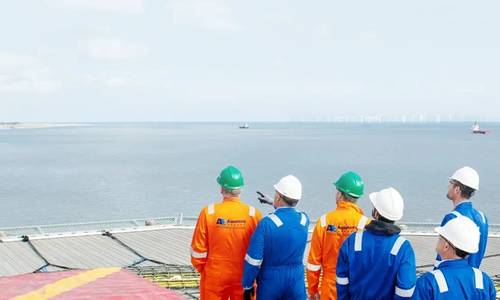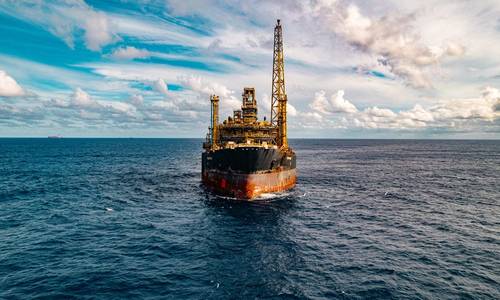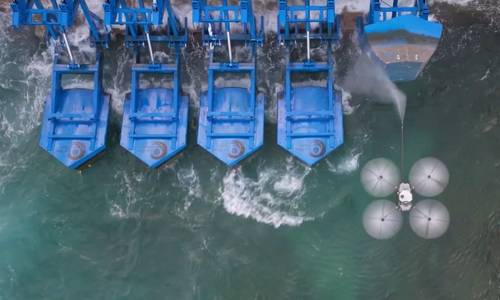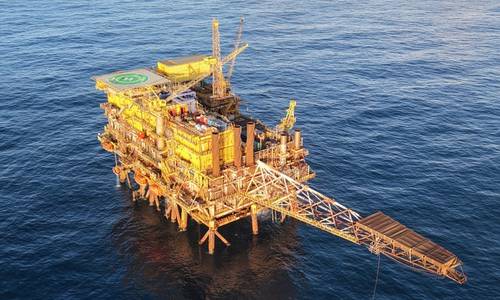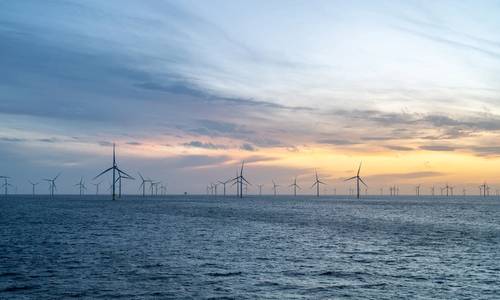Brownfield Output Decline Accelerates, says IEA
By Seher Dareen
September 16, 2025
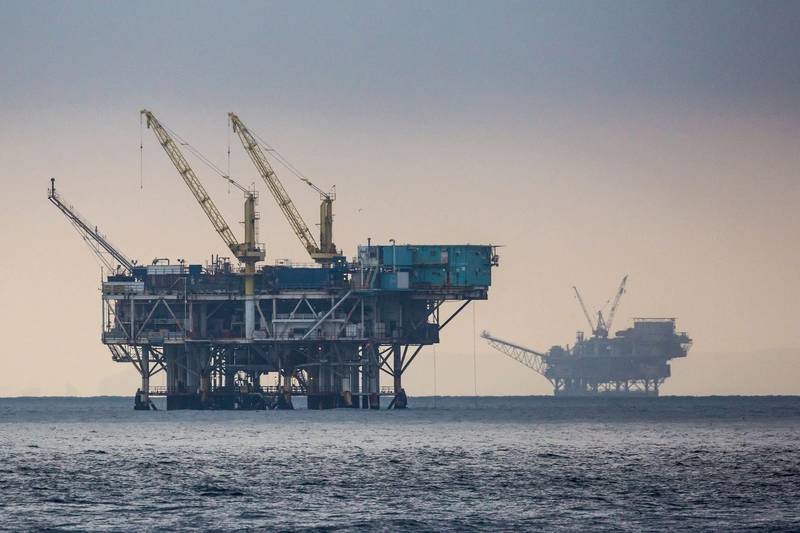
The decline in output from mature global oil and gas fields is accelerating amid greater reliance on shale and deep offshore resources, the International Energy Agency said on Tuesday, meaning companies need to invest more just to keep output flat.
The IEA, which advises industrialised countries, is under fire from U.S. President Donald Trump's administration for a recent shift to focus on clean energy policy. A 2021 IEA report said there should be no investment in new oil, gas and coal projects if the world was serious about meeting climate targets.
Tuesday's report warns that without continued investment in existing fields, the world would lose the equivalent of Brazil and Norway's combined oil production each year, with implications for markets and energy security.
"Only a small portion of upstream oil and gas investment is used to meet increases in demand while nearly 90% of upstream investment annually is dedicated to offsetting losses of supply at existing fields," IEA Executive Director Fatih Birol said in an IEA statement.
"Decline rates are the elephant in the room for any discussion of investment needs in oil and gas, and our new analysis shows that they have accelerated in recent years."
Drawing on data from about 15,000 oil and gas fields around the world, the IEA said that after reaching peak production the average annual decline in output was 5.6% for conventional oil fields, and 6.8% for conventional gas fields.
A halt in upstream investment would cut oil supply by 5.5 million barrels per day each year, the IEA said, up from just under 4 million bpd in 2010. The 5.5 million bpd figure is roughly equal to Brazil's and Norway's output combined.
The decline for natural gas has risen to 270 billion cubic metres per year from 180 bcm, it said.
The IEA has been at odds with producer group the Organization of the Petroleum Exporting Countries over its 2021 report and its forecasts that call for a relatively swift energy transition and a peak in oil demand by 2030.
OPEC, in a statement on Tuesday, criticised the IEA's report, saying the agency had not referenced how its 2021 report and peak oil demand forecast had discouraged investment and contributed to uncertainty about long-term demand.
"In contrast to the IEA's U-turning on this important issue, OPEC has consistently advocated for timely investments in the oil industry to account for decline rates and meet growing demand," OPEC said.
(Reuters)

